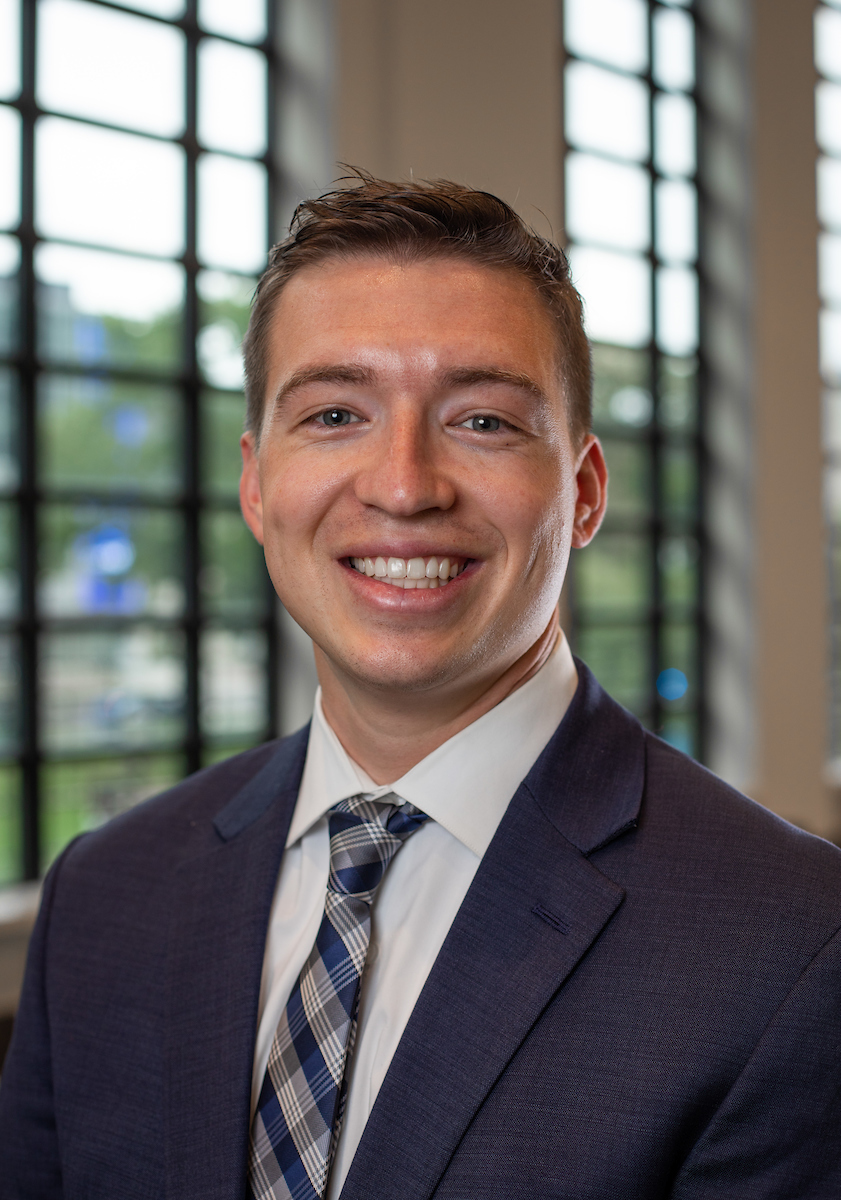Using children’s books and public libraries to prepare STEM students to communication technical knowledge
Published in Communication Teacher, 2024
Recommended citation: Frey, T. K. (2024). Using children’s books and public libraries to prepare STEM students to communication technical knowledge. *Communication Teacher*, *38*(3), 253-259. https://doi.org/10.1080/17404622.2024.2325471
